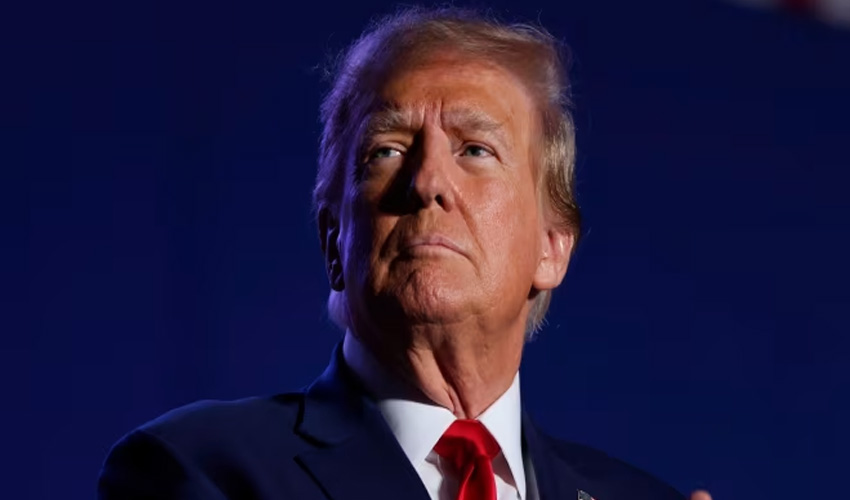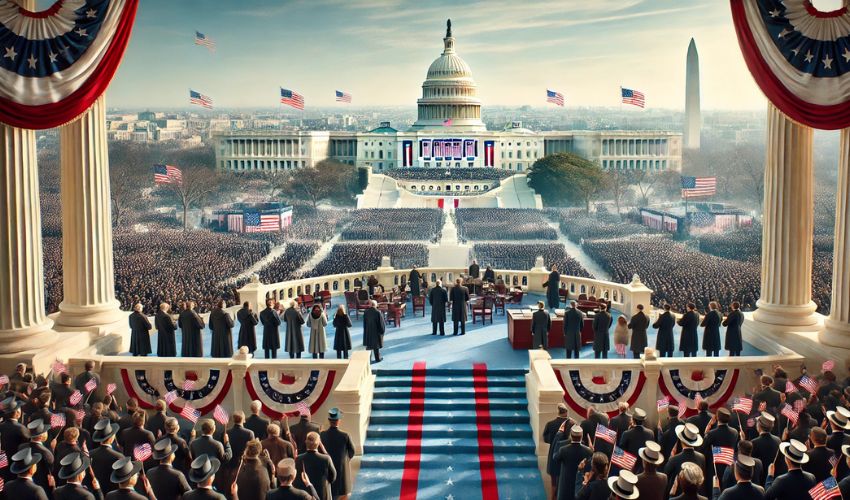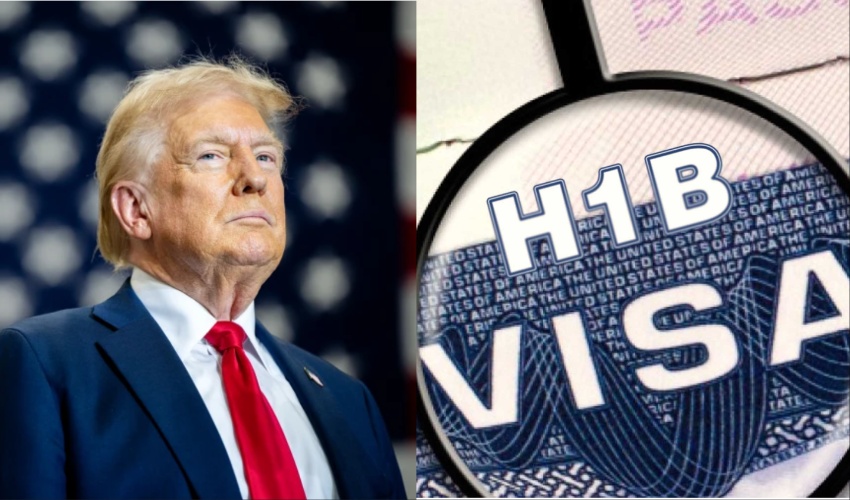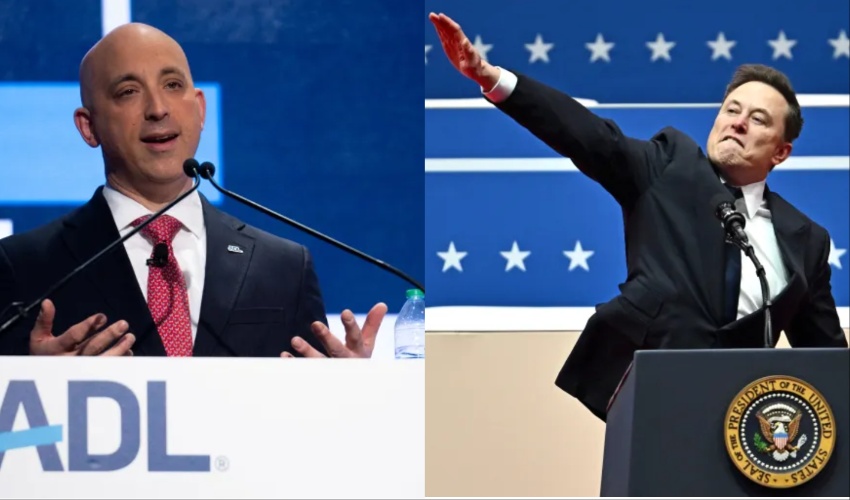In a startling revelation, former senior advisers to ex-President Donald Trump have unveiled a pattern of admiration for authoritarian leaders that extends to the likes of Adolf Hitler, Vladimir Putin, and Kim Jong Un.
These revelations, recounted in a new book titled "The Return of Great Powers," shed light on Trump's worldview and its potential ramifications for U.S. foreign policy.
According to retired Gen. John Kelly, who served as Trump's chief of staff, Trump's admiration for strongmen such as Putin and Kim Jong Un was evident in his belief that these leaders were akin to himself — "big guys" wielding unchecked power.
Kelly also recounted Trump's shocking praise for Hitler, citing Trump's admiration for Hitler's economic policies and his ability to maintain loyalty among his senior officers.
Furthermore, former national security adviser John Bolton revealed Trump's penchant for Putin, recalling a moment during the 2018 NATO summit when Trump expressed anticipation for a meeting with the Russian president, labeling it potentially "the easiest of them all." Bolton suggested that Trump's affinity for dictators stemmed from a desire to emulate their authoritarian control.
Matthew Pottinger, Trump's deputy national security adviser, echoed similar sentiments, noting Trump's unwavering faith in his personal charisma and diplomacy, which extended even to interactions with authoritarian leaders like Kim and Xi.
In response to these revelations, Trump campaign spokesman Steven Cheung dismissed the claims as manifestations of "Trump Derangement Syndrome," refusing to address their substance. This dismissal comes in the wake of similar denials from Trump's camp in 2021 regarding allegations of praise for Hitler.
Despite being out of office, Trump has continued his pattern of praising autocrats during his 2024 presidential campaign, as evidenced by his recent remarks lauding Xi Jinping and Putin's leadership abilities.
These disclosures underscore concerns about Trump's suitability for leadership in an era of Great Power competition, with experts cautioning that his admiration for authoritarian figures could have far-reaching implications for U.S. foreign relations.



























